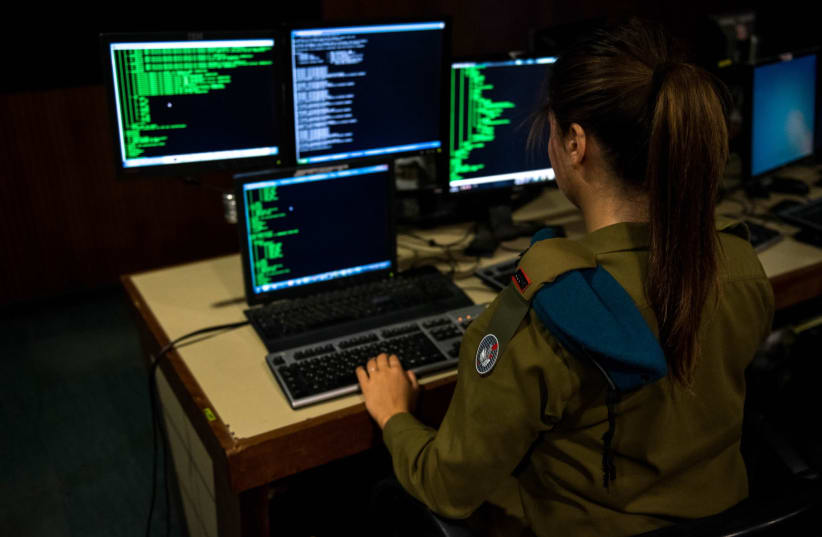In his speech during the Israel Defense C4I and Cyber Event, Brig. Gen. Ziv Avtalion, head of the C4I Branch of the IDF's Digital Transformation Administration, said these changes require the ongoing development of standards and infrastructure that enable the military to more effectively communicate in the digital language.
"And when I say future, it's actually not in another 10 or 20 years. The future could also be here and now. Because every day the challenge around us changes. The challenge sometimes makes the reality complex. And the need for transformation is immediate," he said.
This transformation, Avtalion said, has four parts: operational processes enabling the IDF to deal with the enemy in the optimal manner; conversion of data into knowledge, and knowledge into operations; greater accessibility to complex processes and procedures; and enhancement of the digital capabilities of commanders so the military can achieve its goals.
According to the general, the IDF aims to connect everyone to everyone; make capabilities accessible to everyone, everywhere, all the time; and create "reliable and professional agents of change who will instill the digital transformation from the senior echelon of command to the tactical echelon."
"So when we talk about connecting everyone to everyone, we actually want to create a network that everyone present in the space will be able to connect to,” he said.
The IDF seeks to provide the soldier with the capability to function from a multidomain perspective, "all in a rapid, precise manner and truly just enough, exactly when it is needed, and what is needed." But simply making your capabilities more up-to-date is not sufficient, he said.
"Modernization is not enough. Taking a process and improving it digitally-technologically is not enough. The wise thing is in fact to do the transformative process," namely improvement of the process to the optimal level and then enhancing it with digital capabilities. "The combination of that transformation together with digital capabilities is what brings the transformation and the significant difference," said the general.
"We need to ensure that we have new, modern infrastructures that can truly bring a great wealth of data," such as advanced cloud systems, defense capabilities, and protection of its networks, he stated.
Perhaps one of the most significant changes in the world of digital transformation is the endlessness of data, according to the general. "Everything that a person wears, everything that a person says, could be vital information for one action or another."
Data must be integrated by means of processes such as artificial intelligence, machine learning, and deep learning, and then this data must be turned knowledge, he said. "But that isn't enough. You need to take this knowledge and make it accessible to the soldier in order to carry out complex operations that will eventually lead to the defeat of the enemy, that will bring the deadliness to the soldiers.
Avtalion said the military is to provide soldiers with skills that enable them to apply digital transformation in the operational environment, such as "analysts who will be alongside the commander and will be able to answer the operational questions asked by the commander by means of data made accessible to him, who in fact turns it into knowledge."
A commander who has a digital assistant "enables him to learn better about the needs of his soldiers, to make the right services accessible to them, and to care for the personal needs of each one in a focused and precise manner," according to the general.
The IDF has started processes to provide digital skills at all levels, from the most senior to the most junior, "that will in fact enable a person to adjust better in the environment in which machine and man coexist," he added.
In addition, Avtalion said the IDF had taken "model units" and transformed them from analog units to digital units, and had measured the capability of various other units, brigades, commands, and other parts of the military to undergo such a transformation.
